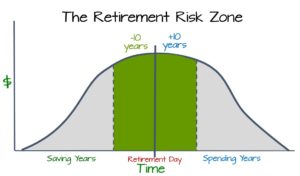 According to an Ipsos Reid poll commissioned by the CIBC, only 30% of Canadians have a formal estate plan in place. The reasons for not having one vary – some people think they are too young, or don’t have enough assets. Some believe that their belongings will automatically go to their spouse. Many couples think they have lots of time, and some just don’t want to deal with it.
According to an Ipsos Reid poll commissioned by the CIBC, only 30% of Canadians have a formal estate plan in place. The reasons for not having one vary – some people think they are too young, or don’t have enough assets. Some believe that their belongings will automatically go to their spouse. Many couples think they have lots of time, and some just don’t want to deal with it.
Everyone needs to plan for the inevitable.
Estate planning is for your loved ones and for your own peace of mind. It means arranging how you leave your money and property when you die and it must follow the laws of the province you live in (or where the property exists).
Estate planning involves:
- writing your will and naming someone to be responsible for carrying out your wishes
- distributing assets during your lifetime as well as upon your death
- arranging insurance to cover costs and provide for your survivors
- specifying who will handle your affairs if you become unable to manage them yourself, and giving them direction through a power of attorney and medical directive.
Estate planning for young families
When you are raising a family, and are just starting to accumulate assets, consider these steps: Continue Reading…





